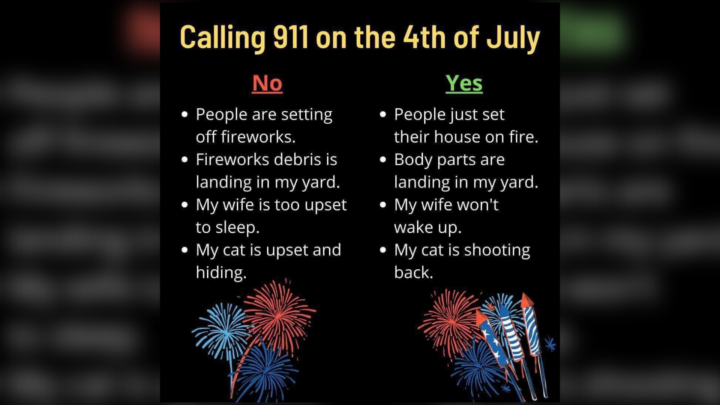Join our mailing list
Receive exclusive updates on the latest CX trends, events,
and solutions.
No items found.

On Tuesday, June 18, 2024, the 911 system across Massachusetts went down for a little over two hours, making emergency services inaccessible through the famous and nationally used three-digit emergency phone number. While details behind the outage are not known, a preliminary investigation shows that the outage may have been the result of a firewall. In April 2024, a wire was cut while installing a light pole, resulting in a 911 outage affecting millions of people across four states, while several years ago outages from an internet provider disrupted 911 coverage in Massachusetts.
Unfortunately, these outages are not an uncommon issue. According to The Pulse of 9-1-1, a 2024 survey of emergency communication professionals from the National Emergency Number Association and Carbyne, over 50% of respondents said that their call center experienced either a CAD (computer aided dispatch) or phone system outage within the last 12 months.
We’ve written before about the quiet crisis in America’s emergency response centers, including challenges like staffing shortages, turnover, and other obstacles. However, there is another challenge facing emergency contact centers that is as predictable as the calendar…
There are many obvious reasons why the Fourth of July, a holiday that mixes drinking and explosives during the hottest time of the year, is one of the busiest days for 911 operators. An average of 280 people go to the emergency room every day in July with fireworks-related injuries, according to FEMA, while Seattle’s 911 call center, for example, experiences a 50% jump on July 4th alone.
However, not every 911 caller in that volume increase is calling about an emergency. Every year, emergency contact centers are inundated with calls complaining about fireworks. Many contact centers try to prepare in advance by hiring more staff or by asking the public to direct noise complaints to non-emergency lines, but these centers can still struggle to respond to the real emergencies buried in a haystack of nuisance calls.

While unpredictable service outages and predictable holiday increases might not seem similar at first glance, both situations are challenges that can be addressed with new AI-driven technologies.
AI solutions like the 911 AutoDirect Service utilize a technology completely different from, but compatible with, a 911 telecom infrastructure. That means the system could remain online even if the entire 911 call center were to go down, providing a reliable and proactive back-up plan for emergency contact centers to stay online in case of outages, no matter how unplanned or unpredictable the cause. Meanwhile, that same AI solution is designed to assist with call volume and report automation, making it an ideal solution to scale with Fourth of July noise complaints while freeing up emergency operators to focus on real emergencies.
While an AI solution can’t solve every challenge facing emergency contact centers today, it can hopefully make outages and call volumes – two challenges currently creating headaches in contact centers and headlines across the country – a little bit more manageable.
Ready to see the AutoDirect Service in action? You can watch the demo now.

Kelley focuses on crafting successful customer experience programs for state, local, and county government agencies, specializing in ground-to-cloud migrations.